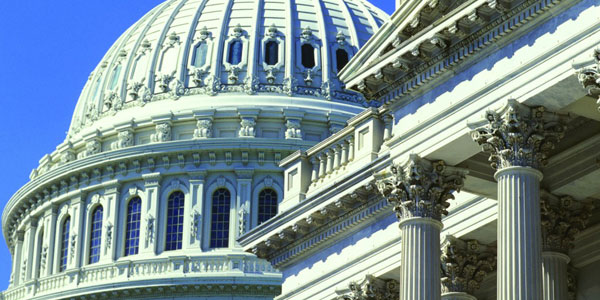Quantria Strategies; Final report September 2017
Revenue Analysis of Options to Reform the Federal Estate, Gift and Generation Skipping Transfer Taxes
Executive Summary
- Our federal transfer tax system has three related components: the estate tax, a gift tax and a generation-skipping transfer tax (GST).
- For much of its history, wealth transfer taxes were enacted to finance wars; they were never meant to be a major source of government revenue.
- In 2015, the last year for which data are available, approximately 5,000 decedents paid $17.1 billion in federal estate taxes.
- The average estate tax liability was about $3.5 million, but for estates with assets greater than $50 million, this average liability was approximately $28 million.
- This represents only about .2% of adult decedents and about 0.6% of federal government revenues.
- For most of these estates, the single largest component of wealth relates to publicly traded stock (about 25%).
- The second largest component of wealth relates to business assets (23%), and includes real estate partnerships, closely held stock, farm assets, other limited partnerships and other non-corporate business assets.
- Currently, about 600,000 families are likely to be subject to the estate tax in any one year, total personal wealth is approximately $7 trillion.
- In this report, we analyze three standalone options to reform the federal estate, gift and GST taxes that would help reduce the tax burden on business owners. Option A would completely repeal of the federal estate, gift and GST taxes and retain the current law step-up in basis rules. Option B would also completely repeal the estate, gift and GST taxes but replace the current law step-up in basis with a modified regime that would exempt from capital gains tax the value of inherited assets up to the existing personal estate tax exemption amount (currently $5.49 million) and index this amount for inflation occurring after 2018. Option C retains the current estate, gift and GST system and step-up in basis rules, but lowers the maximum estate tax rate to 20%.
- We estimate these options would reduce federal budget receipts by the following amounts for Fiscal Years 2018-2027 for decedents dying on or after January 1, 2018:
|
Description |
Revenue Effect (Billions of Dollars) |
|
Option A: Full Repeal of Estate, Gift and GST taxes; Retain Current Law Step-up. |
-280.2 |
|
Option B: Full Repeal of Estate, Gift and GST taxes with a Modified Step-up In Basis limited to the amount of the personal estate tax exemption and indexed to inflation. |
-184.7 |
|
Option C: Maintain the Current Estate, Gift and GST System with Full Step-up in Basis and Reduce the Current Maximum Tax Rate to 20% |
-147.2 |
- In addition, it is likely that the economic burden of complying with the tax, including tax planning to minimize its effects, is probably greater than the revenues collected, suggesting the federal estate and gift tax is an inefficient tax.
- Our estimates assume that each option is a standalone proposal and not part of a larger tax reform package. If the proposals are coupled with a reduction in individual and corporate tax rates – as is currently being contemplated – then the estimated revenue losses would be lower.

